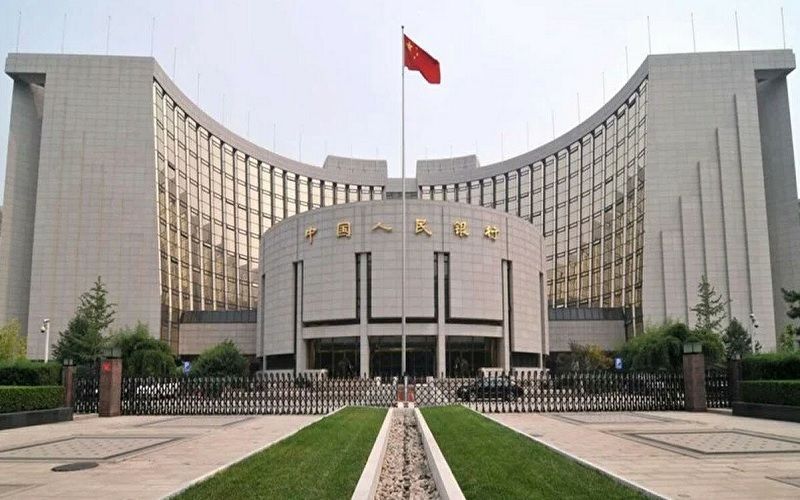China Adopts New Law to Protect Farmers' Rights and Develop Rural Collectives
Source: Dairynews.today
On Friday, China enacted a law aimed at improving the protection of farmers' land rights and supporting the development of rural collectives, a significant step towards strengthening the country’s weak rural economy and ensuring food security, according to Reuters citing Chinese state media.

While all agricultural land in China is state-owned, farmers have long-term land lease rights exercised on their behalf by collectives. These collectives are often criticized for not providing farmers with enough say.
The new Law on Rural Collective Economic Organizations, set to take effect on May 1, 2025, clearly defines the role of rural collectives and gives farmers greater control over these collectives.
The law aims to protect the rights of collectives and their members and encourages fiscal and tax measures to strengthen the development of the rural collective economy.
In theory, village residents can make decisions about the sale or development of land, but in practice, such decisions are usually made by government officials. Hoping to attract investment or other economic benefits, officials often ignore the farmers' wishes.
Farmers argue that the current system gives government officials too much power to seize land with little or no compensation. Land grabs have repeatedly caused social unrest in the past.
The new law promises to change this situation by giving farmers more control and protecting their rights, which should contribute to the stability and development of China’s rural areas.
The new Law on Rural Collective Economic Organizations, set to take effect on May 1, 2025, clearly defines the role of rural collectives and gives farmers greater control over these collectives.
The law aims to protect the rights of collectives and their members and encourages fiscal and tax measures to strengthen the development of the rural collective economy.
In theory, village residents can make decisions about the sale or development of land, but in practice, such decisions are usually made by government officials. Hoping to attract investment or other economic benefits, officials often ignore the farmers' wishes.
Farmers argue that the current system gives government officials too much power to seize land with little or no compensation. Land grabs have repeatedly caused social unrest in the past.
The new law promises to change this situation by giving farmers more control and protecting their rights, which should contribute to the stability and development of China’s rural areas.
Key News of the Week










